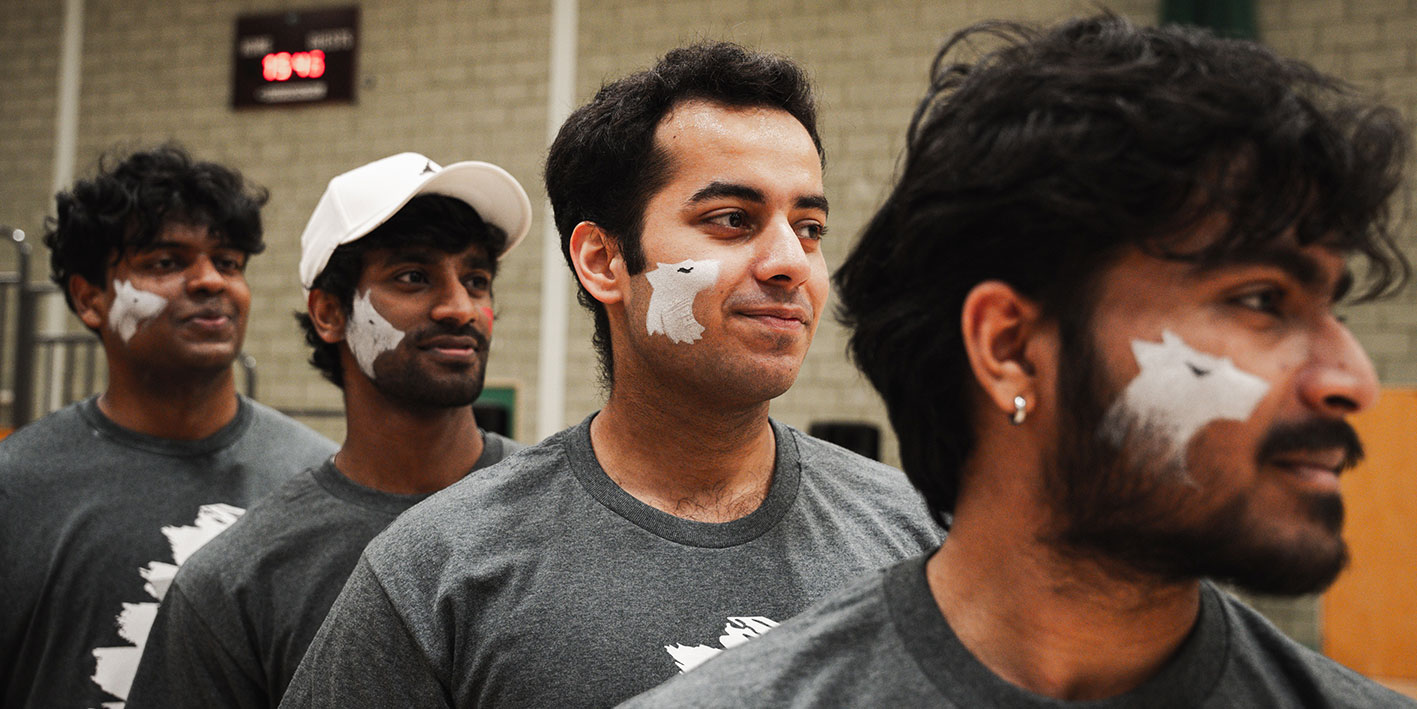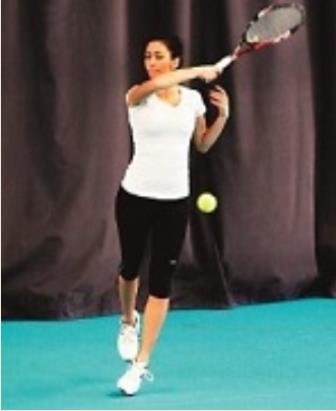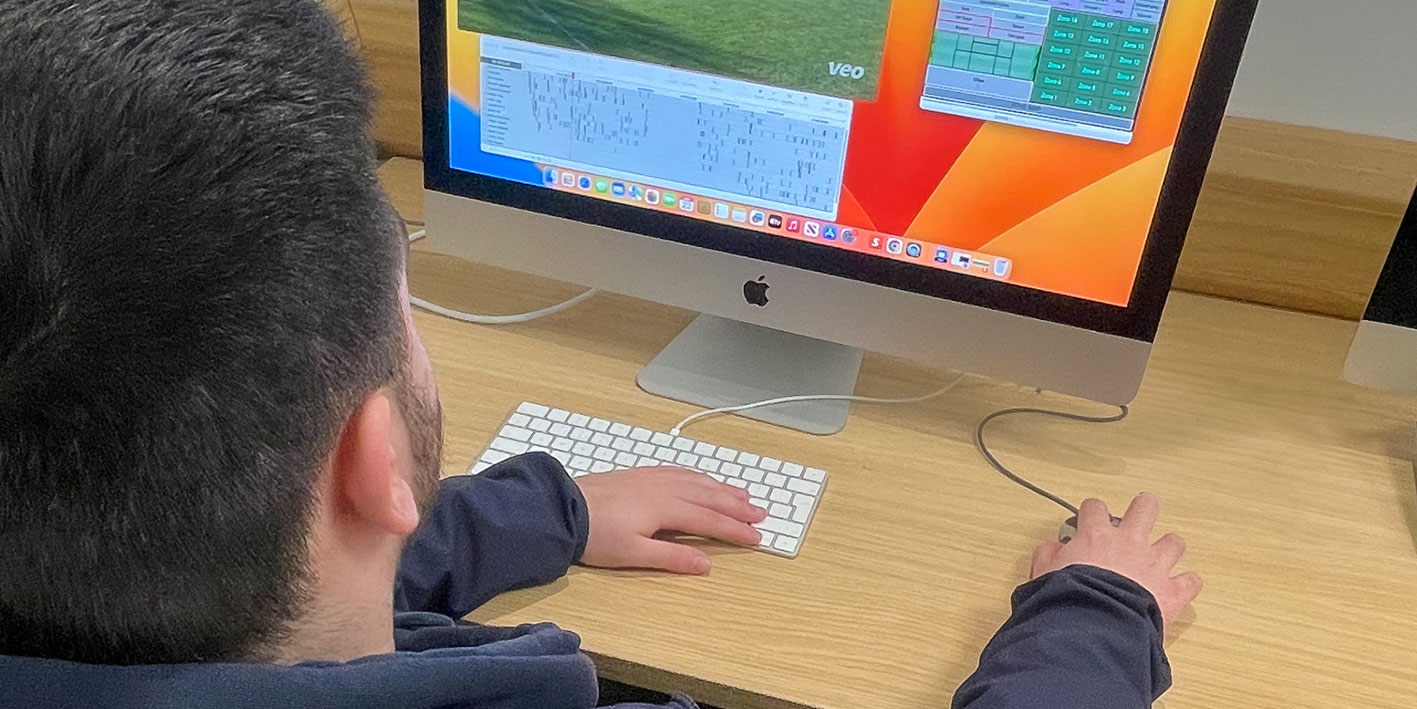
FUTURE SPORT - THE GOLDEN GENERATION
Our latest stakeholder magazine, Dialogue, is out NOW and here is one of our articles featured in the Spring 2016 edition.
Read more here: http://www.wlv.ac.uk/about-us/news-and-events/wlvdialogue/
Producing the next generation of gold medal winners and champions is a multi-million pound industry.
James Allen reports on how the University of Wolverhampton is striving to nurture our future stars
“Champions aren’t made in gyms. Champions are made from something they have deep inside, a desire, a dream, a vision.” Muhammad Ali This is just one of many inspirational quotes which adorn the walls at the British Judo’s Centre of Excellence at the University’s Walsall Campus.
The centre trains top young judo players with the aim of producing the medal winners for future Olympics – something the University wants to help maximise as part of its developing sports strategy.
The ambition is to attract elite athletes from a range of sports in coming years, building up the reputation of the University as one for sporting excellence. Alongside top sporting facilities, courses and staff expertise, the University’s Sport Scholarship Scheme runs to aid outstanding athletes.
It offers financial support of between £1,500 and £4,500, as well as access to sports science and medical assistance. Recent high profile success stories who have been part of the scheme include British World Athletic Championship medal winner Jarryd Dunn, who is set to compete at this year’s Olympic Games in Rio.
This year there are 30 students who are part of the scheme representing a range of sports. Bess Evans, the Deputy Director of Sport at the University, explains: “There are three levels of scholars from county and regional level right through to elite level with students who are competing at international level.
“The scholarship programme is very important as it does attract students. For many that are self- financing themselves through competitions it provides a vital lifeline as they have to pay for training and equipment. But it needs to be sustainable.
“The more elite athletes that come here, the more other students get to rub shoulders with them and it is aspirational and acts as a good influence.
“We want it to help our team’s national performance rankings, which in turn will boost the reputation of the University for sport.

“It is what sporting students look for – they want to go somewhere which has good teams, facilities and coaching.”
If people were looking for an inspirational success story as far as the scholarship scheme is concerned then they need to look no further than Jack Hodgson. The 19-year-old BSc Sports Coaching student is in his first year at the University and is part of the British Judo programme at Walsall. Jack suffers from Usher Syndrome, a degenerative condition which means he is partially sighted and profoundly deaf.
In February he was named as part of the Team GB judo squad that will compete in the Paralympics in Rio later in the year.
He said: “My biggest honour is being picked for the GB team for the Paralympics in Rio. It’s my first real year of serious competition on the international circuit and so far I’m around fourth in the world. I’m much further along in my progress than I thought I would be.
“Now that I’ve been selected to Rio I’m going for a medal - I’d love a gold but realistically I’d be happy with a placing.
“It’s made a massive difference being part of the British Judo Centre of Excellence programme. Being at the University I can train six hours a day and get the best strengthening and conditioning coaching and fantastic leadership from the coaches.
“The scholarship programme gives me extra support and funding towards my training and equipment. It’s a great programme and really helps you achieve.”
Another judo player who is part of the scheme is Philip Awiti-Alcaraz. The 22-year-old first year scholar, who studies BSc Sports Coaching Practice and is also part of the British Judo programme, said: “I’m hoping to get selected for Rio but my main aim is the 2020 games. I’d just love to compete at the Olympics and win a medal – it’d be a dream come true.
“On an average day I’m training for five or six hours a day and in competitions most weekends. On top of that it’s my first year as a student at the University so I’m trying to strike the balance with my studies and training. It’s a lot easier having everything on your doorstep.
“The scholarship is a big help as it helped fund travel to competitions like to Korea for an Olympic qualification event.”
Jaswant Shergill is studying for a Post Graduate Certificate in Education in Secondary English and is currently working at a local school on placement as part of his course.
The 23-year-old from Oldbury is the reigning English senior weightlifting champion in the 62kg category, having taken the title in January.
He said: “My Dad was a weighlifter and I just started off doing it recreationally for fitness and then started entering competitions.
“I’ve competed at the Commonwealth Games for England in Glasgow in 2014. My goal is to compete for Team GB at the Olympics in 2020 and go for a gold at the 2018 Commonwealth Games.
“I train six times a week doing two hour sessions. It’s physically and mentally taxing – you have to have the willpower as well as the mental strength.
“I’ve had to make a lot of sacrifices. I don’t go out a lot due to my studies and training regime. Most days I often don’t get home until 10pm at night from the gym. It’s often a hard balance with all the late nights and having to plan lessons.”
Second year Pharmacy student Farah Aziz is just returning to tennis after a serious shoulder injury. Farah, age 20 from Newcastle, has been playing the sport for 10 years and was number one ranked in the UK between the ages of 16 and 18.
“I’ve been competing at international level since I was 14 and made the semi-finals of a number of tournaments. When I finished school I decided to take a year out to give tennis a real go but it was during that year that I was playing in Egypt and injured my shoulder.
“Since then I have started my course and it is very challenging but I’m recovered from my injury and getting back into my tennis.
“The scholarship programme really helped. As well as funding for equipment, it helped me access physio support when I was injured and get me back to track.”
For more information please contact the Corporate Communications Team.


/prod01/wlvacuk/media/departments/digital-content-and-communications/images-2024/240328-Varsity-Line-Up-Resized.jpg)
/prod01/wlvacuk/media/departments/digital-content-and-communications/images-18-19/220325-Engineers_teach_thumbail.jpg)
/prod01/wlvacuk/media/departments/digital-content-and-communications/images-2024/240404-Digital-Humanities-Training-Resized.jpg)
/prod01/wlvacuk/media/departments/digital-content-and-communications/images-2024/240320-Uzbekistan-Resized.jpg)
/prod01/wlvacuk/media/departments/digital-content-and-communications/images-2024/240229-The-Link-Resized.jpg)
/prod01/wlvacuk/media/departments/digital-content-and-communications/images-2024/240404-Pharmacy-Students-Resized.jpg)

